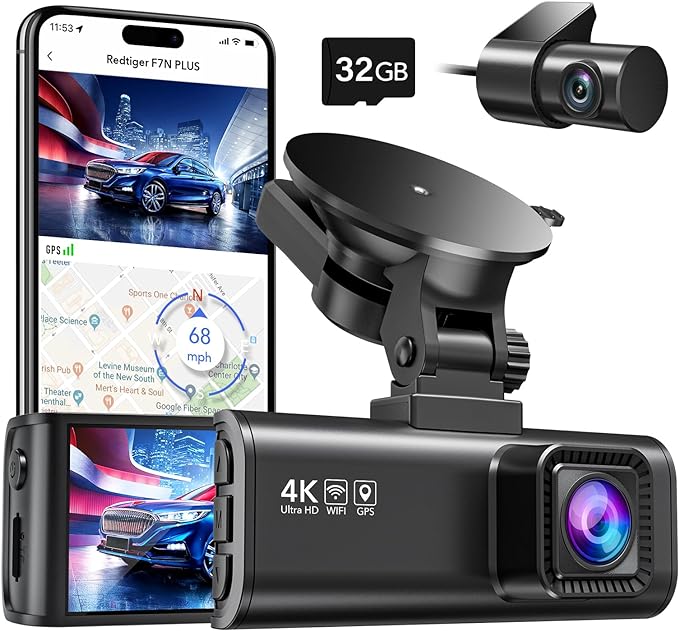Unlocking the Impact of Artificial Intelligence (AI)
Oct, 2023
Artificial Intelligence (AI):
Artificial intelligence (AI) is one of the most transformative technologies of our time, with the potential to revolutionize every aspect of our lives. From healthcare to transportation to manufacturing, AI is already being used to solve complex problems and improve efficiency and productivity.
However, despite its vast potential, AI is still in its early stages of development. One of the biggest challenges to unlocking the impact of AI is the lack of skilled workers. According to a recent report by McKinsey Global Institute, the world will need an additional 95 million people with AI skills by 2030.
Another Challenge
Another challenge is the need to develop ethical and responsible Artificial Intelligence (AI) systems. As AI becomes more powerful, it is important to ensure that it is used for good and that it does not harm individuals or society as a whole.
Despite these challenges, there is a growing movement to unlock the impact of AI. Governments, businesses, and academia are all investing in AI research and development, and new AI-powered products and services are being launched all the time.
Here are a few examples of how AI is being used to make a positive impact on the world today:
Healthcare:
AI is being used to develop new drugs and treatments, diagnose diseases, and provide personalized care to patients. For example, AI-powered systems are being used to develop new vaccines and treatments for cancer, and to help doctors diagnose diseases more accurately.
Transportation:
AI is being used to develop self-driving cars and trucks, which could revolutionize the way we travel and transport goods. AI is also being used to improve traffic flow and reduce congestion.
Manufacturing:
AI is being used to automate tasks, improve quality control, and optimize production processes. For example, AI-powered robots are being used to assemble cars and other products, and to inspect parts for defects.
Education:
AI is being used to personalize learning and provide students with immediate feedback. For example, Artificial Intelligence (AI)powered tutoring systems can help students learn new concepts at their own pace.
Climate change:
AI is being used to develop new renewable energy sources, reduce pollution, and improve energy efficiency. For example, AI-powered systems are being used to design more efficient solar panels and wind turbines.
These are just a few examples of the many ways that AI is being used to make a positive impact on the world. As AI continues to develop, we can expect to see even more innovative and transformative applications of this technology in the years to come.
How to Unlock the Impact of AI
There are a number of things that can be done to unlock the impact of AI. First, we need to invest in AI research and development.
This includes funding academic research, supporting startups, and encouraging businesses to invest in AI.
Second, we need to develop and implement ethical and responsible AI guidelines. This will help to ensure that AI is used for good and that it does not harm individuals or society as a whole.
Third, we need to educate the public about AI. This will help to create a more informed and supportive environment for the development and adoption of AI.
Finally, we need to make AI skills more accessible. This can be done by offering more AI training programs, and by making AI tools and resources more affordable.
By taking these steps, we can accelerate the development and adoption of AI, and unlock its full potential to improve our lives and create a better future for all.
More Explanation
One way to think about the impact of AI is to consider the different ways that it can be used to augment human capabilities. For example, AI can be used to:
Automate tasks: AI can automate repetitive and time-consuming tasks, freeing up humans to focus on more complex and creative work. For example, AI-powered chatbots can handle customer service inquiries, and AI-powered robots can assemble cars in factories.
Improve decision-making: AI can help humans to make better decisions by analyzing large amounts of data and identifying patterns that would be difficult for humans to see on their own. For example, AI-powered systems are being used to diagnose diseases, predict financial markets, and optimize supply chains.
Personalize experiences: AI can be used to personalize experiences for individuals by understanding their needs and preferences. For example, AI-powered recommendation systems can suggest products and services that are likely to be of interest to users.
As AI continues to develop, we can expect to see even more innovative and transformative applications of this technology. For example, AI could be used to develop new medical treatments, create new forms of art and entertainment, and even help us to explore new worlds.
My take
However, it is important to note that AI also poses some potential risks. For example, AI could be used to create autonomous weapons systems or to develop surveillance technologies that could be used to violate people's privacy. It is important to be aware of these risks and to take steps to mitigate them as we develop and deploy AI systems
At Vendee Stores, our primary goal is to empower the NextGen Innovators to succeed. By leveraging our research and resource links, you can make well-informed decisions that lead to a thriving business, supporting both your financial aspirations and overall wellbeing. We go beyond providing links to products and sales. We share valuable information that matters, such as news, articles, comparisons, and research


